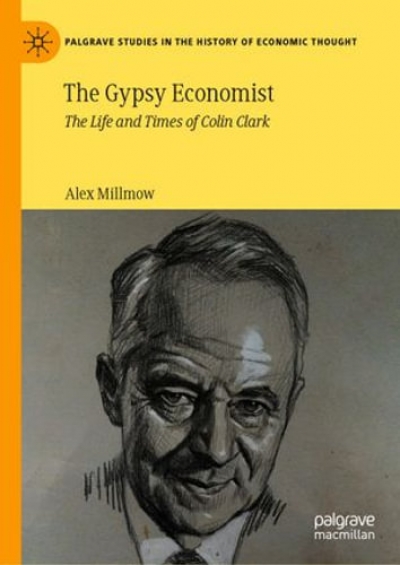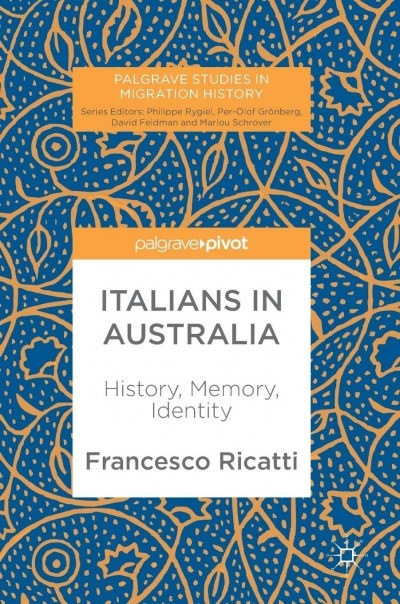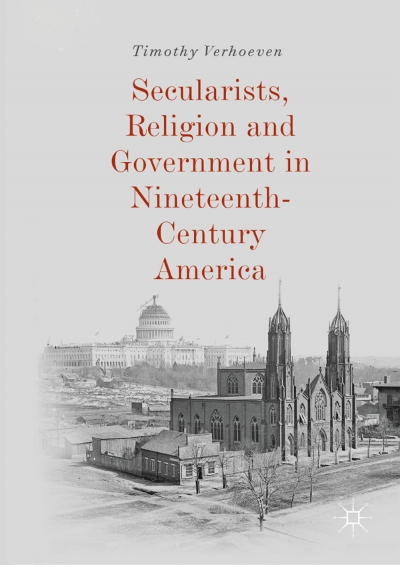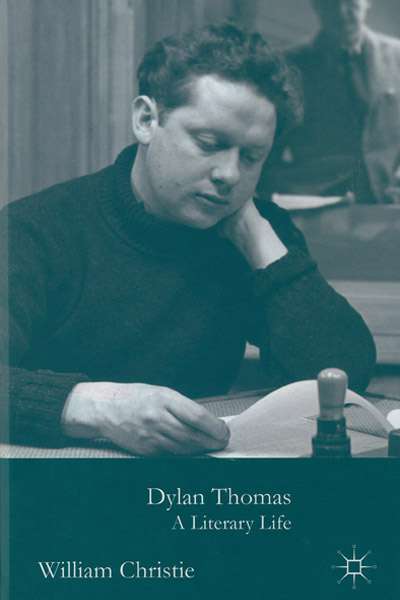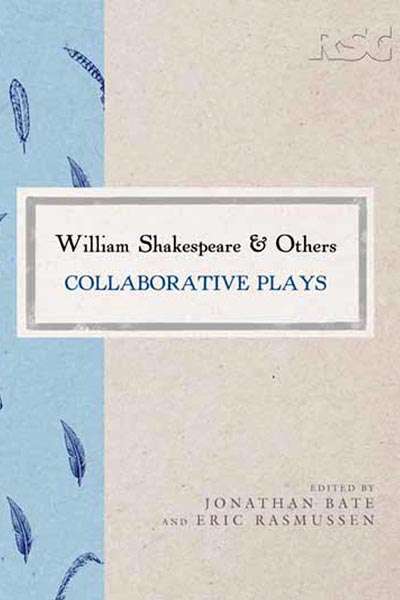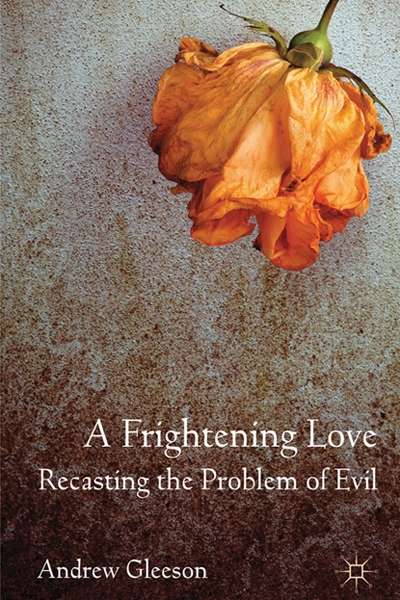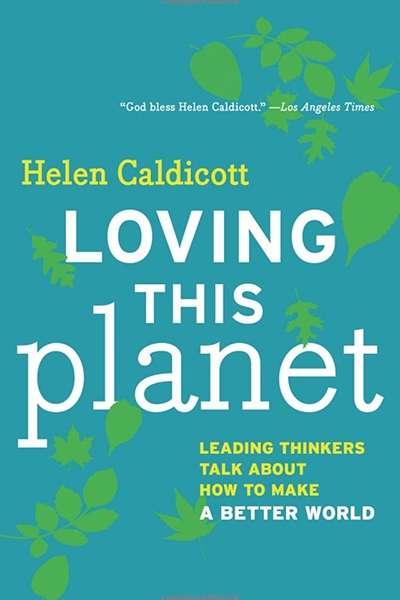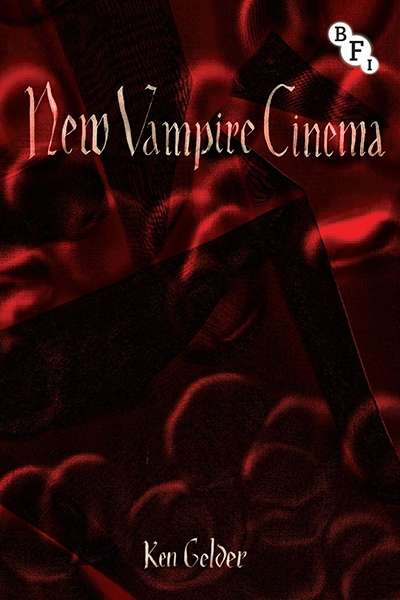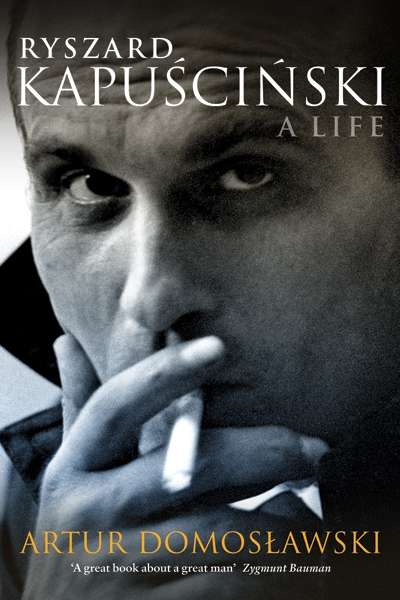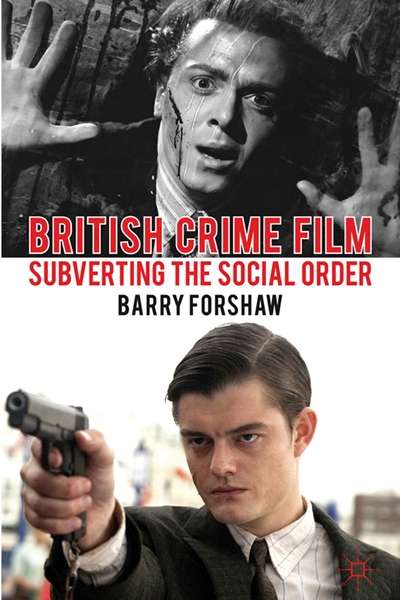Palgrave Macmillan
The Gypsy Economist: The life and times of Colin Clark by Alex Millmow
by John Tang •
Italians in Australia: History, memory, identity by Francesco Ricatti
by Diana Glenn •
Secularists, Religion and Government in Nineteenth-Century America by Timothy Verhoeven
by Ian Tyrrell •
William Shakespeare and Others: Collaborative Plays edited by Jonathan Bate and Eric Rasmussen
by Ian Donaldson •
A Frightening Love: Recasting the Problem of Evil by Andrew Gleeson
by Graham Oppy •
Loving This Planet by Helen Caldicott & Waging Peace by Anne Deveson
by Gillian Terzis •
Ryszard Kapuściński: A Life by Artur Domosławski, translated by Antonia Lloyd-Jones
by Sheila Fitzpatrick •

